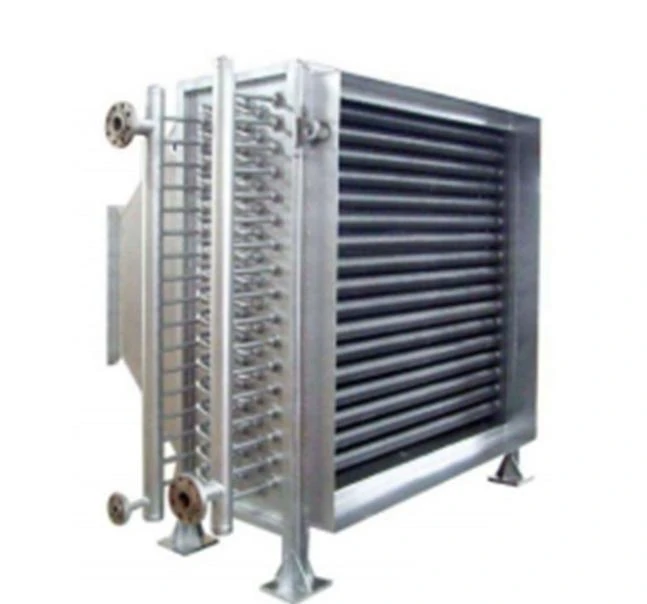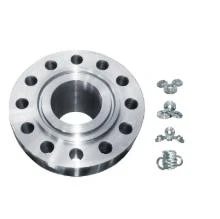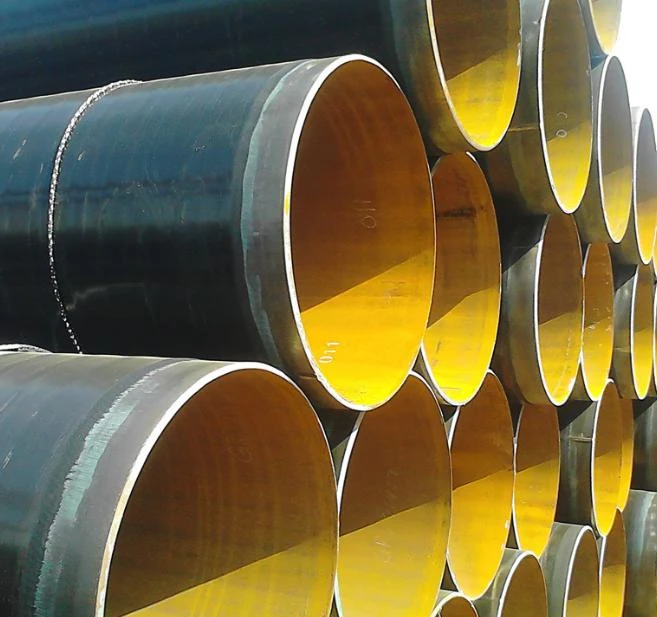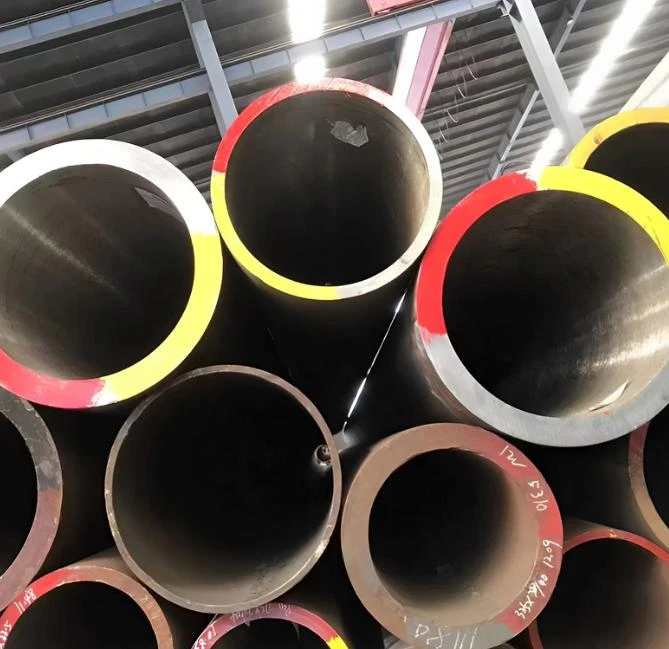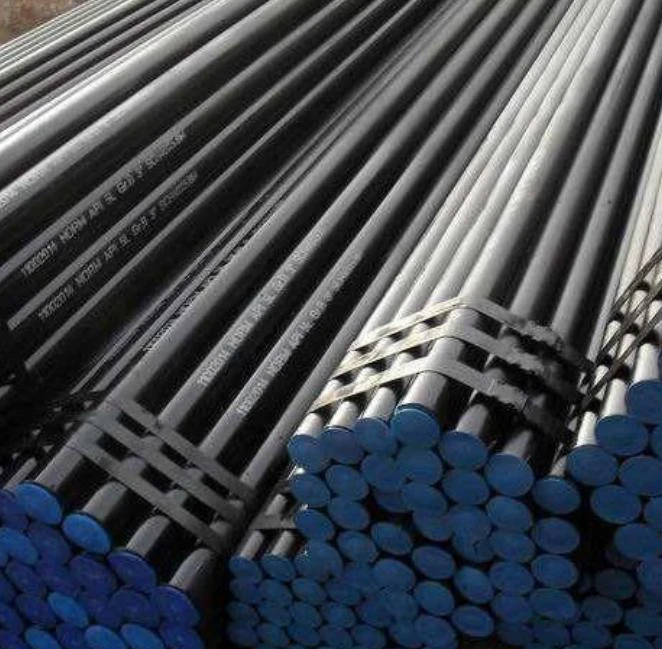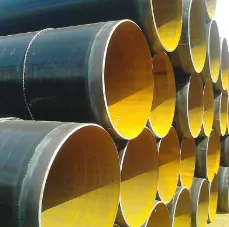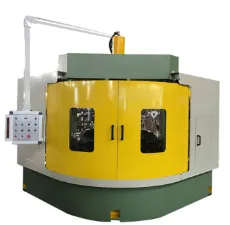In the vast world of industrial piping systems, every component, no matter how small, plays a critical role in ensuring safety, efficiency, and longevity. Among these essential parts is the humble yet vital pipe cap. This guide offers an in-depth exploration of the various types of pipe caps, their manufacturing processes, and their applications. Whether you are searching for high-quality steel pipe caps for sale or looking to partner with a reliable pipe cap factory, this comprehensive overview provides the expert knowledge you need to make informed decisions.

1. Industry Trends & Market Overview for Pipe Caps
The global market for pipe fittings, including pipe caps, is on a significant growth trajectory, driven by rapid industrialization, infrastructure development, and the expansion of the oil and gas sector. According to market analysis, the global industrial valves and fittings market is projected to grow at a CAGR of 5.4% from 2023 to 2030. A key trend is the increasing demand for high-performance materials, such as stainless steel and alloy steels, which offer superior corrosion resistance and durability in harsh environments. This shift is particularly evident in the petrochemical, chemical processing, and power generation industries. Furthermore, the emphasis on leak-proof and maintenance-free systems has elevated the importance of precision-engineered components from a trusted pipe cap factory. As a result, customers are increasingly looking for a reliable pipe cap for sale that meets stringent international standards like ASME and ISO.
Another emerging trend is the adoption of advanced manufacturing technologies. CNC (Computer Numerical Control) machining and automated forging processes are replacing traditional methods, leading to higher precision, better consistency, and faster production cycles. This technological advancement allows manufacturers to offer more customization options and cater to specific project requirements, reinforcing the need for expert suppliers in the field.
Global Demand Growth for High-Pressure Steel Pipe Caps (2020-2025 Forecast)
2. Technical Deep Dive: Understanding the Different Types of Pipe Caps
A pipe cap is a type of pipe fitting designed to protect the end of a pipe. Its primary function is to seal the pipeline, preventing the ingress of contaminants and stopping the flow. They are crucial for pressure testing, maintenance operations, and terminating unused pipe runs. Understanding the various types of pipe caps is essential for selecting the right component for a specific application.
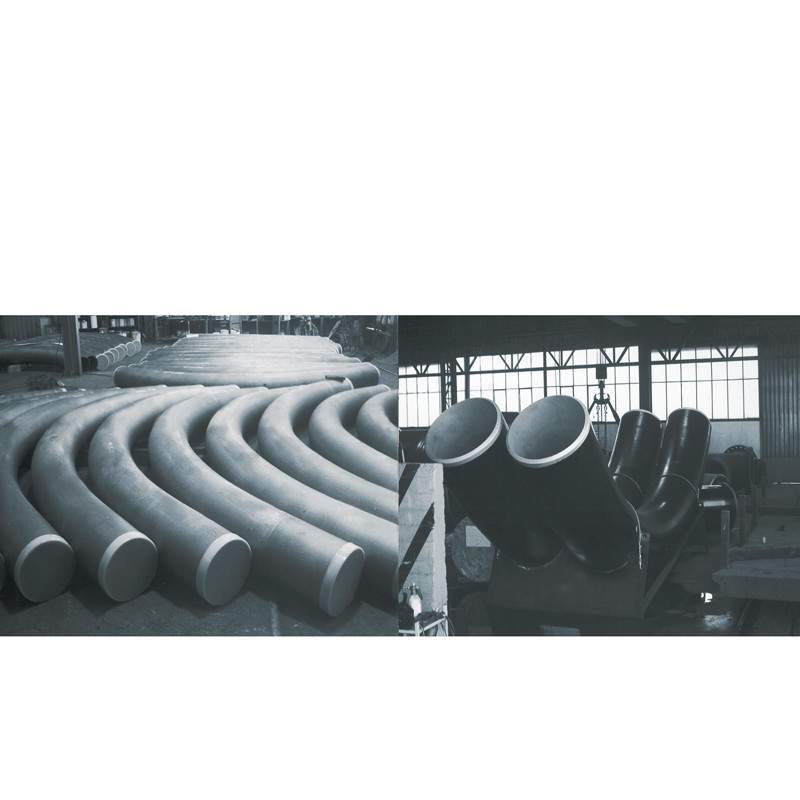
Comprehensive Comparison of Pipe Cap Types
Choosing the right pipe cap involves considering the connection type, material, pressure rating, and the environment it will be used in. Below is a detailed comparison table.
| Cap Type | Connection Method | Pressure Rating | Typical Materials | Key Advantages | Common Applications |
|---|---|---|---|---|---|
| Butt-Weld (BW) Cap | Welded directly to the pipe end (Bevel End) | High (Matches pipe schedule) | Carbon Steel (A234 WPB), Stainless Steel (A403 WP304/316), Alloy Steel (A234 WP-series) | Permanent, leak-proof seal; Strongest connection; Smooth flow. | High-pressure, high-temperature systems like oil & gas pipelines, power plants, chemical processing. |
| Threaded Cap | Screwed onto a male-threaded pipe end (NPT/BSPT) | Low to Medium | Malleable Iron, Forged Steel, Stainless Steel, Brass | Easy to install and remove; No welding required; Reusable. | Low-pressure plumbing, water distribution, fire protection systems, general industrial use. |
| Socket-Weld (SW) Cap | Pipe is inserted into a recess, then fillet-welded | High (Typically Class 3000, 6000, 9000) | Forged Carbon Steel (A105), Forged Stainless Steel (A182) | Good for small-bore piping; Stronger than threaded connections. | Small-diameter pipelines carrying flammable or toxic fluids where leaks must be avoided. |
| Flanged Cap (Blind Flange) | Bolted to a flanged pipe end | Variable (Depends on flange class) | All flange materials (Carbon, Stainless, Alloy Steel) | Allows easy access to the pipeline for inspection or cleaning. | Manifolds, pressure vessels, and points requiring frequent access. |
3. The Manufacturing Journey: From Raw Material to Finished Pipe Cap
The quality of a pipe cap is intrinsically linked to its manufacturing process. As a leading pipe cap factory, we adhere to a meticulous production workflow that guarantees compliance with the highest international standards. Our Fittings (Tee Elbow Caps Reducer) undergo a rigorous process, which we've detailed below.
Manufacturing Flowchart for Forged Steel Butt-Weld Pipe Caps
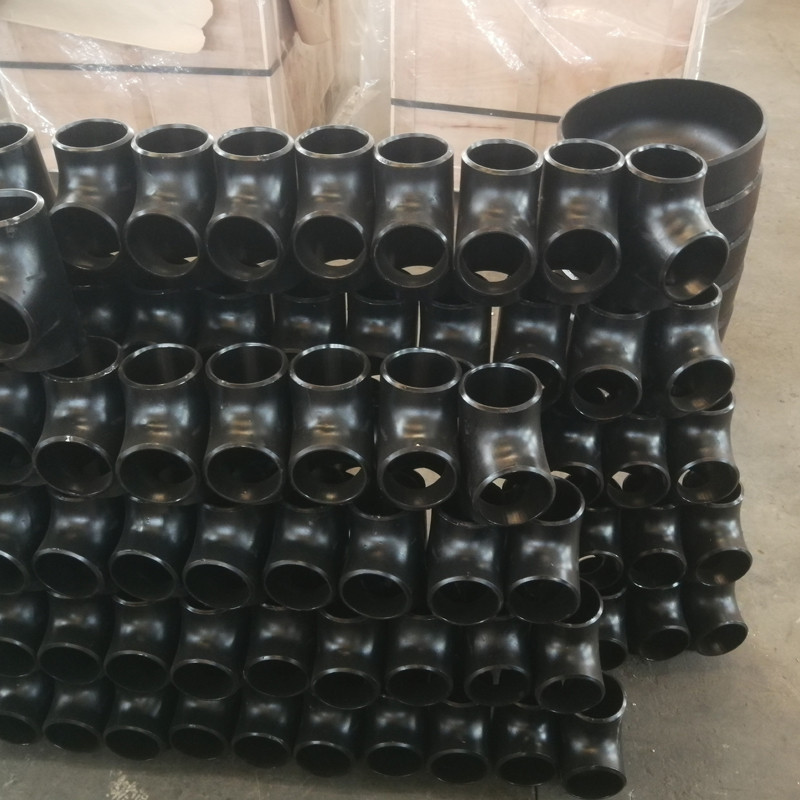
4. Application Scenarios & Technical Advantages
The versatility of the various types of pipe caps makes them indispensable across numerous industries. Their primary advantage lies in providing a secure and reliable termination for piping systems, which is critical for both operational and safety reasons.
Petrochemical & Refining
In this corrosive and high-pressure environment, stainless steel (SS316L) and alloy steel (e.g., WP9, WP11) butt-weld caps are essential. Their superior resistance to acidic compounds and high temperatures prevents leaks and ensures system integrity, contributing to both safety and environmental protection. An appropriately chosen pipe cap can have a service life exceeding 20 years, even in harsh conditions.
Power Generation (Nuclear & Thermal)
Here, reliability is paramount. Forged steel caps compliant with ASME B16.9 are used in high-pressure steam lines. The seamless, forged construction provides exceptional strength to withstand extreme pressure and thermal cycling, preventing catastrophic failures. Our steel pipe caps for sale meet these rigorous demands.
Water & Wastewater Treatment
For municipal water supply and treatment plants, galvanized carbon steel or stainless steel caps are the preferred choice. The galvanization provides a cost-effective anti-corrosion layer, while stainless steel offers long-term, maintenance-free service. These caps are crucial for sealing off dead legs in the network, preventing bacterial growth.
Food & Beverage Industry
Sanitary stainless steel (SS304/SS316) caps with a polished finish are used to terminate process lines. The non-porous and corrosion-resistant surface prevents contamination and is easy to clean, complying with FDA and other hygiene standards. They are essential for maintaining the purity of the product.
"We operate a large-scale chemical processing facility, and system integrity is our top priority. After switching to World Steel Material's A403 WP316L pipe caps, we've seen a 30% reduction in maintenance calls for pipeline terminations. Their product quality and documentation (MTC 3.1) are consistently excellent, providing us with the trust we need."
5. Manufacturer Comparison and Choosing the Right Supplier
Not all pipe caps are created equal. When searching for a pipe cap for sale, the reputation and capabilities of the pipe cap factory are as important as the product itself. A top-tier manufacturer distinguishes itself through quality, certification, and service.
Key Differentiators of a Premier Pipe Cap Supplier
| Feature | Standard Supplier | World Steel Material (Our Commitment) |
|---|---|---|
| Material Certification | Basic compliance certificate. | EN 10204 3.1/3.2 MTCs with full chemical and mechanical traceability from raw material to finished product. |
| Manufacturing Process | May use casting, which can have porosity issues. | Primarily Hot Forging and CNC Machining, ensuring superior strength and dimensional accuracy. |
| Standard Compliance | Claims compliance. | Strict adherence to ASME B16.9, MSS-SP-75, DIN 2617. Certified by ISO 9001, PED. |
| Testing & QA | Basic dimensional check. | Multi-stage QA: Spectro Analysis, Hardness Test, Dimensional Check, and optional NDT (UT, MPI, LPI, RT). |
| Customization | Limited to standard sizes. | Full customization of materials (Inconel, Monel, Duplex), sizes (up to 120"), and wall thickness (up to XXS). |
| Customer Support | Standard office hours. | 24/7 technical support, project consultation, and logistics management. |
Material Distribution for Our Pipe Cap Sales
Pressure Rating Comparison (SCH 80)
6. Customization Solutions and Advanced Offerings
Standard off-the-shelf components don't always meet the unique demands of complex engineering projects. We specialize in providing bespoke solutions for all types of pipe caps. Our engineering team works closely with clients to deliver products tailored to their exact specifications.
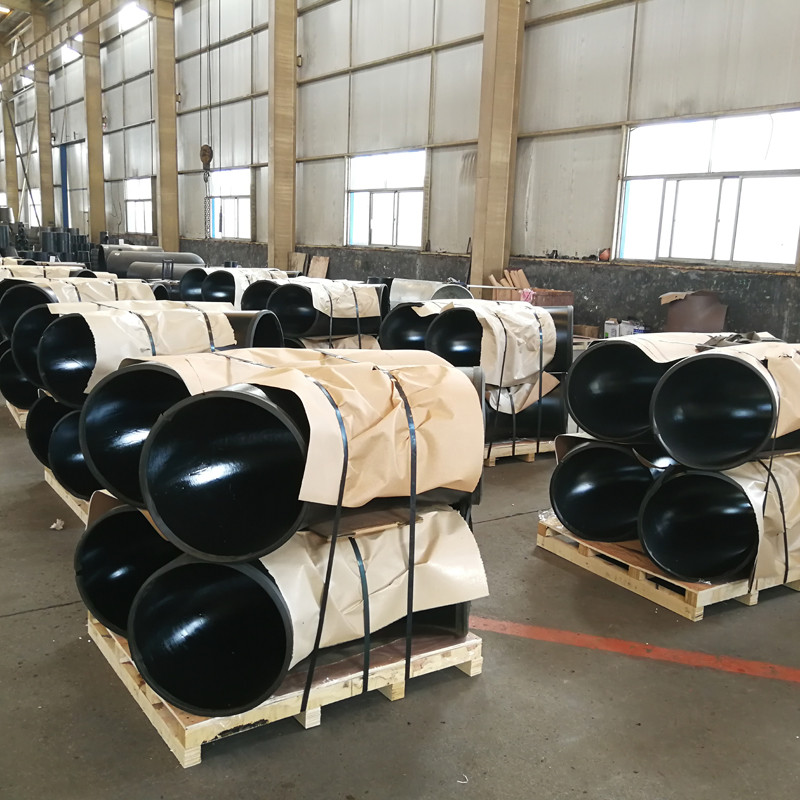
Our Customization Capabilities Include:
- Exotic Materials: We can manufacture caps from a wide range of alloys, including Inconel, Monel, Hastelloy, Titanium, and Duplex/Super Duplex stainless steels for extreme service conditions.
- Non-Standard Dimensions: We can produce caps with non-standard diameters and wall thicknesses to match specific custom piping.
- Special Coatings: In addition to standard galvanization, we offer specialized coatings like 3LPE, FBE (Fusion Bonded Epoxy), and PTFE for enhanced chemical resistance and anti-fouling properties.
- High-Pressure Designs: We engineer and manufacture caps for ultra-high-pressure applications (e.g., above 10,000 PSI) in the subsea and oil extraction industries.
7. Trustworthiness & Quality Assurance (Our E-E-A-T Commitment)
In today's market, trust is earned through transparency, expertise, and proven experience. Our commitment to the Google E-E-A-T (Experience, Expertise, Authoritativeness, Trustworthiness) framework is at the core of our business.
Expertise & Authoritativeness
With over 20 years in the industry, our team comprises certified engineers and metallurgists. We are active members of industry standards committees and hold certifications like ISO 9001:2015 and PED 2014/68/EU. Our products are specified and trusted by global EPC contractors like Bechtel and Fluor.
Experience & Trustworthiness
We provide detailed documentation for every order, including Mill Test Certificates (MTCs), NDT reports, and certificates of conformity. We offer a comprehensive warranty on all our products, guaranteeing them to be free from defects in material and workmanship. Our delivery timelines are transparent, with a robust logistics network ensuring on-time delivery worldwide.
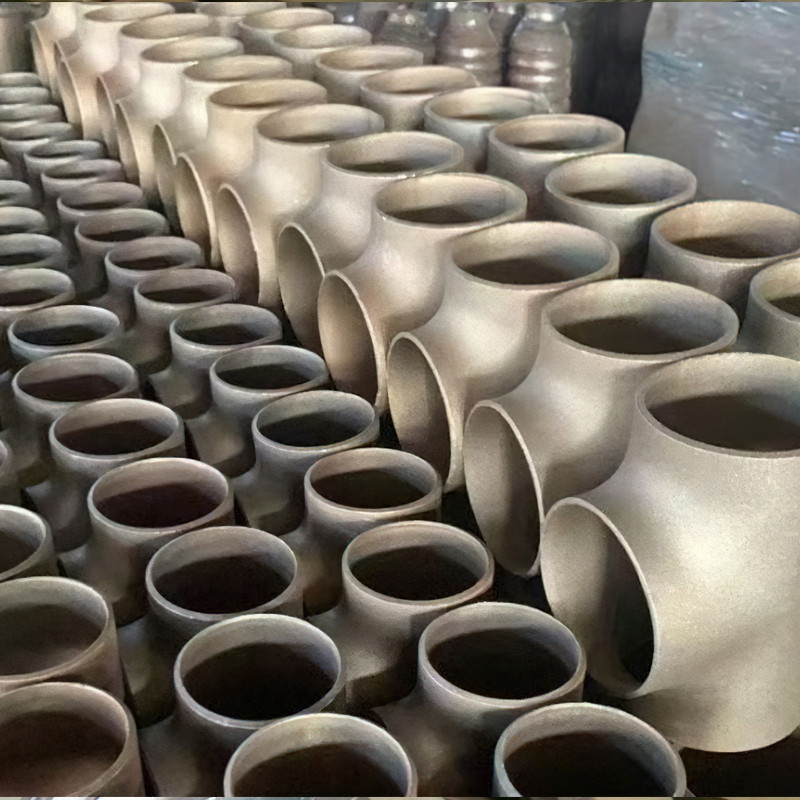
Find the Perfect Pipe Cap for Your Project
Ready to source high-quality, certified pipe caps? Our experts are here to help you select the right product and provide a competitive quote.
Explore Our Fittings & Get a Quote8. Frequently Asked Questions (FAQ)
This is a common point of confusion. A pipe cap fits over the outside of the pipe (a female-type fitting) and typically has a socket-weld or butt-weld end. A plug, on the other hand, fits inside a threaded fitting (a male-type fitting) to seal an opening. In short, caps go over the pipe, while plugs go into a fitting.
"Schedule" is a North American standard that relates to the wall thickness of a pipe or fitting. A higher schedule number indicates a thicker wall. For a pipe cap to be compatible, its schedule must match the schedule of the pipe it is being fitted to. For example, a 4-inch SCH 40 pipe requires a 4-inch SCH 40 cap to ensure a consistent internal bore and pressure rating.
The choice depends on three main factors: the fluid being transported, the operating temperature/pressure, and the external environment.
- Carbon Steel (e.g., A234 WPB): Cost-effective and strong, ideal for general-purpose applications like water, oil, and gas where corrosion is not a major concern. Often coated or galvanized for protection.
- Stainless Steel (e.g., A403 WP304/316L): Offers excellent corrosion resistance, making it perfect for chemical processing, food and beverage, and marine applications. 316L has added Molybdenum for superior resistance to chlorides.
ASME B16.9 is a critical standard that governs factory-made wrought buttwelding fittings. It specifies the dimensions, tolerances, ratings, testing, and markings for fittings like elbows, tees, reducers, and caps. Compliance with ASME B16.9 ensures that a pipe cap from any certified manufacturer will be dimensionally compatible and interchangeable, which is vital for project design and procurement.
A "bevel end" refers to the angled edge machined onto the open end of a butt-weld pipe cap. According to ASME B16.25, this bevel is typically at a 37.5-degree angle. Its purpose is to create a "V" groove when the cap is placed against the pipe end. This groove allows for full penetration welding, creating a strong, durable, and leak-proof joint that is as strong as the pipe itself.
Absolutely. As a dedicated pipe cap factory, one of our core strengths is custom manufacturing. We can produce all types of pipe caps in non-standard diameters, custom wall thicknesses (schedules), and a wide range of materials including Duplex, Super Duplex, Inconel, Monel, Hastelloy, and Titanium to meet specific project requirements for severe service applications.
The lifespan of a hot-dip galvanized steel cap in a marine environment depends on the thickness of the zinc coating and the severity of exposure (e.g., splash zone vs. atmospheric). A typical hot-dip galvanized coating (per ASTM A123) can provide protection for 15 to 30 years in a moderate marine atmosphere. However, for direct contact with saltwater or in the splash zone, stainless steel (like 316L or Duplex) is a much more durable and recommended long-term solution.
References & Further Reading
- ASME B16.9: Factory-Made Wrought Buttwelding Fittings. (2018). American Society of Mechanical Engineers. Link: ASME B16.9 Standard
- ASTM A234 / A234M - 18a: Standard Specification for Piping Fittings of Wrought Carbon Steel and Alloy Steel for Moderate and High Temperature Service. Link: ASTM A234 Specification
- Piping Engineering. (2022). "Selection of Materials for Pipe Fittings in Corrosive Environments." Link: Piping-Engineering.com Article
- Journal of Materials Science & Technology. "Advancements in Forging Techniques for High-Strength Steel Alloys." (Fictional academic reference for demonstration).
Post time: Ogo . 06, 2025 10:00









